It is used for measuring straight line pushing force, which is negative, along a single axis. They are highly accurate, long lasting, and usually built out of stainless steel and are therefore very strong and can handle harsh environments. Read More…
Our load cells are manufactured with the highest attention to detail at all stages. Whether it is through the design stage, engineering stage, or through hundreds of tests run daily, we ensure that our products outshine all competitor products.

Founded in 1985, Load Cell Central has firmly established its reputation as a leader in load cell manufacturing, custom weighing system integration, and first-class load cell repairs. Load Cell Central offers a wide variety of popular load cell and component configurations for virtually every new or old weighing system, scale or component replacement possibility. Technical and after-sale support, ...

At TyTek Industries we manufacture load cells to suit all capabilities. Our expertise has provided insight and load cell solutions for a range of customers and industries. Our engineering team’s philosophy ensures we do everything humanly and technologically possible to match your requirements with quality, cost and delivery. We’re here to help you carry the load.

SENTRAN's corporate charter is to manufacture and market premium quality load cells. SENTRAN serves the biomedical, pharmaceutical, food and beverage, material handling, aerospace, automotive, agricultural, fitness and health, petrochemical and off-shore industries. SENTRAN’s experienced and knowledgeable workforce is capable and ready to find the solution that’s right for you. Call now!

Since 1976, Toledo Integrated Systems has developed force measurement, tonnage monitoring and press control systems for some of the finest manufacturers in the world. We have created many of the innovations that have set the standard for force measurement today. Products include: strain gage sensors and load cells, we’ve also expanded to tonnage monitors, load modules, die protection.

More Compression Load Cell Manufacturers
Objects that are regularly under compressive stress, like engine components, are weighed by compression load cells to prevent buckling and to test their strength and resistance. Compression load cells are used for heavy loads on bin or truck scales in industries like automotive, aerospace, manufacturing, and agricultural.
By subjecting materials and objects to compressive stress, compression load cells save space and reduce their volume. They exhibit internal button design, which measures the compression of the load on the scale.
Compression load cells are mainly composed of a sensing element, which is often a force gauge and a circuit, which is the connection of the gauges throughout the load cell. A strain gauge is another common element of the compression load cell, used to take the actual measurements through conversion of the internal conformation into electrical signals.
Compression load cells can vary significantly in design and construction. There are many different types, including pedal force, miniature, which are small units that can fit into tight areas, high capacity, which are used for heavy loads, subminiature, load button, force washer, and donut.
Compression load cells are not the only major style on the market. The other is called tension load cells, which basically measure the opposite force of compression; considered a positive force, tension cells measure the straight-line force "pull-apart", while compression focuses on measuring the push together force and is considered a negative force.
Other differences in the load cell industry may apply to both types of these major load cell categories. The various types of analog sensor output, such as analog current, analog frequency, and analog voltage, can be measured with load cells but must be specifically designed with one or more of these outputs in mind. For example, an analog output that will need to be sent over a long distance works best in the analog current style, which works like a transmitter.






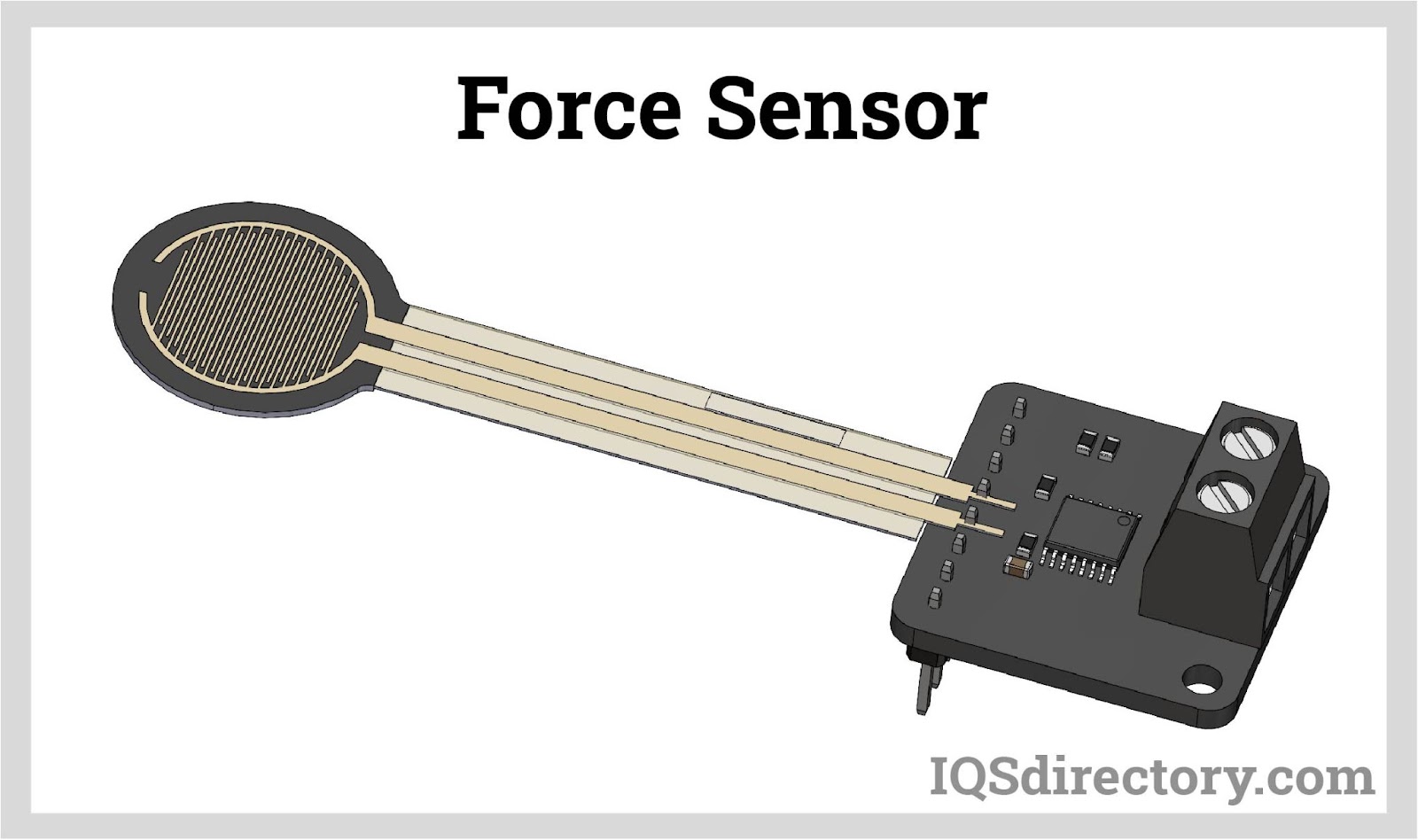
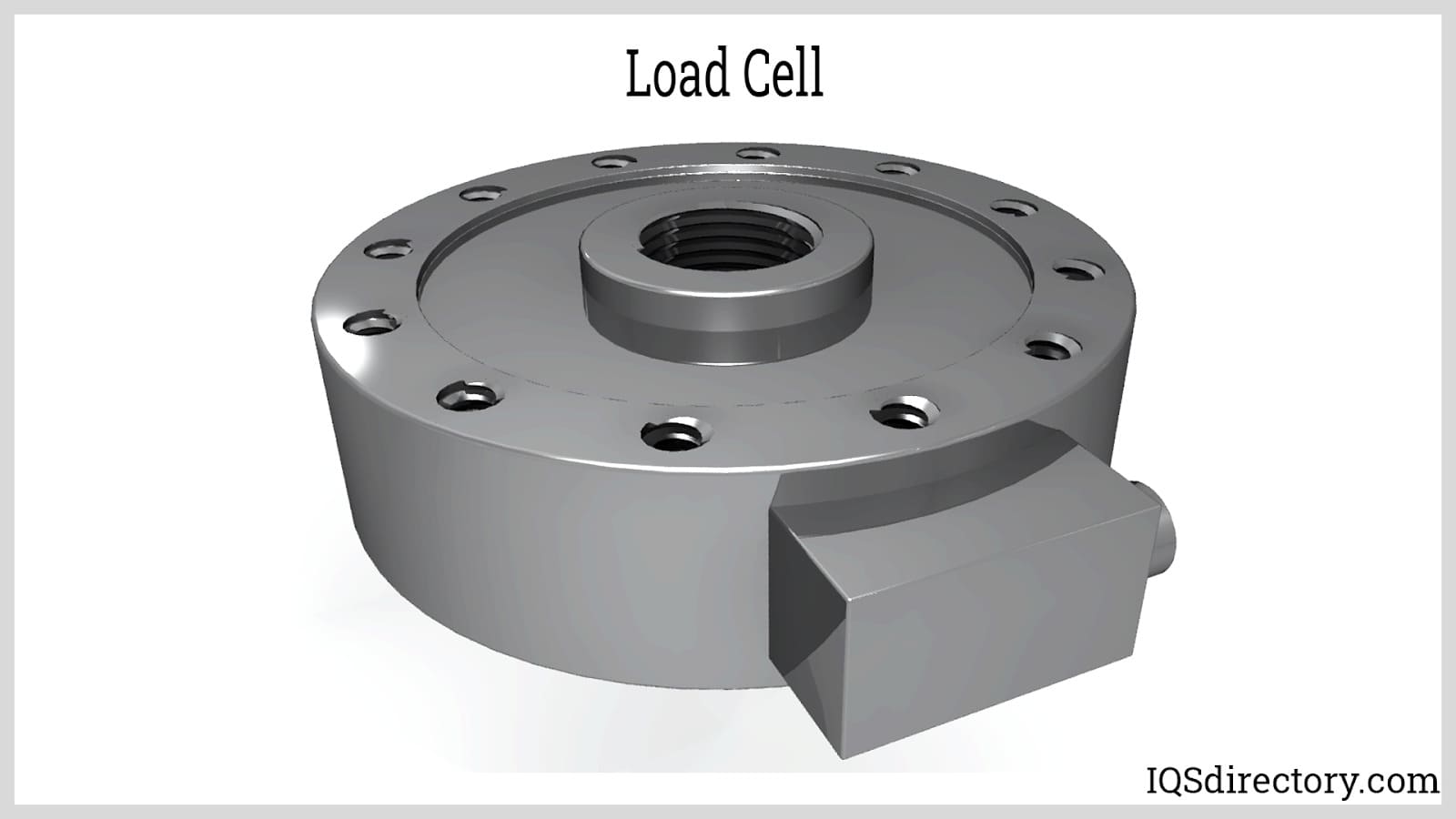
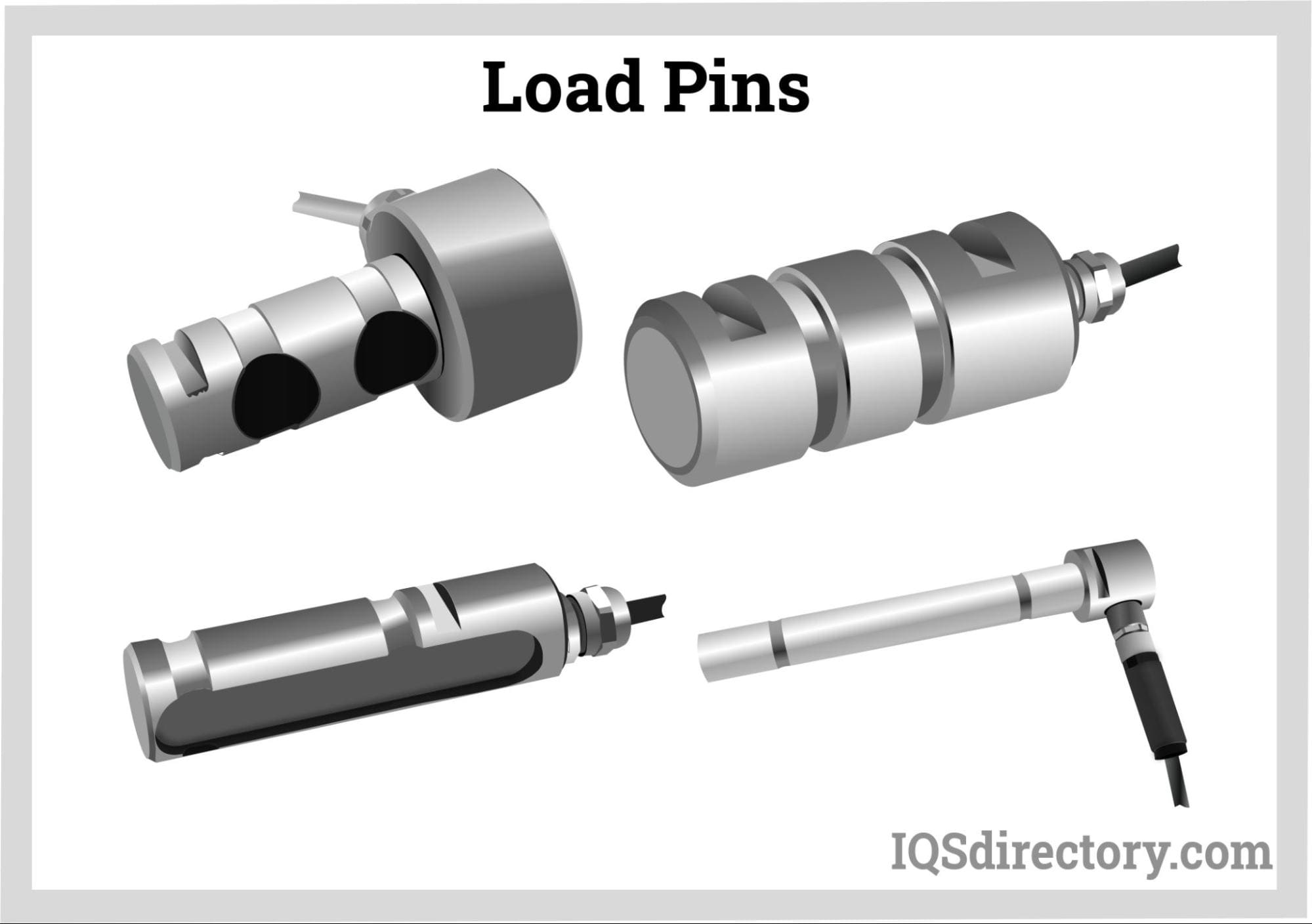
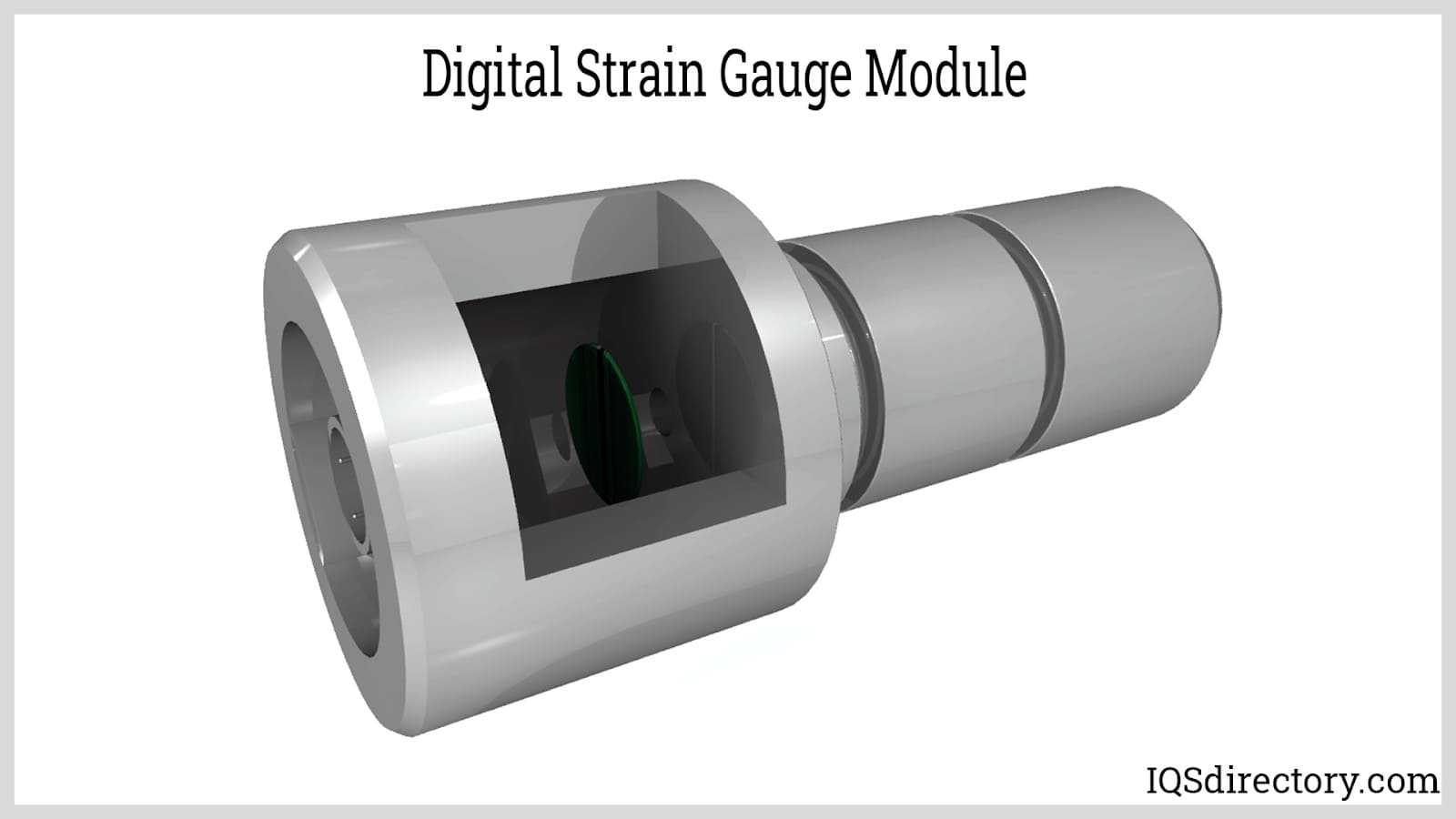
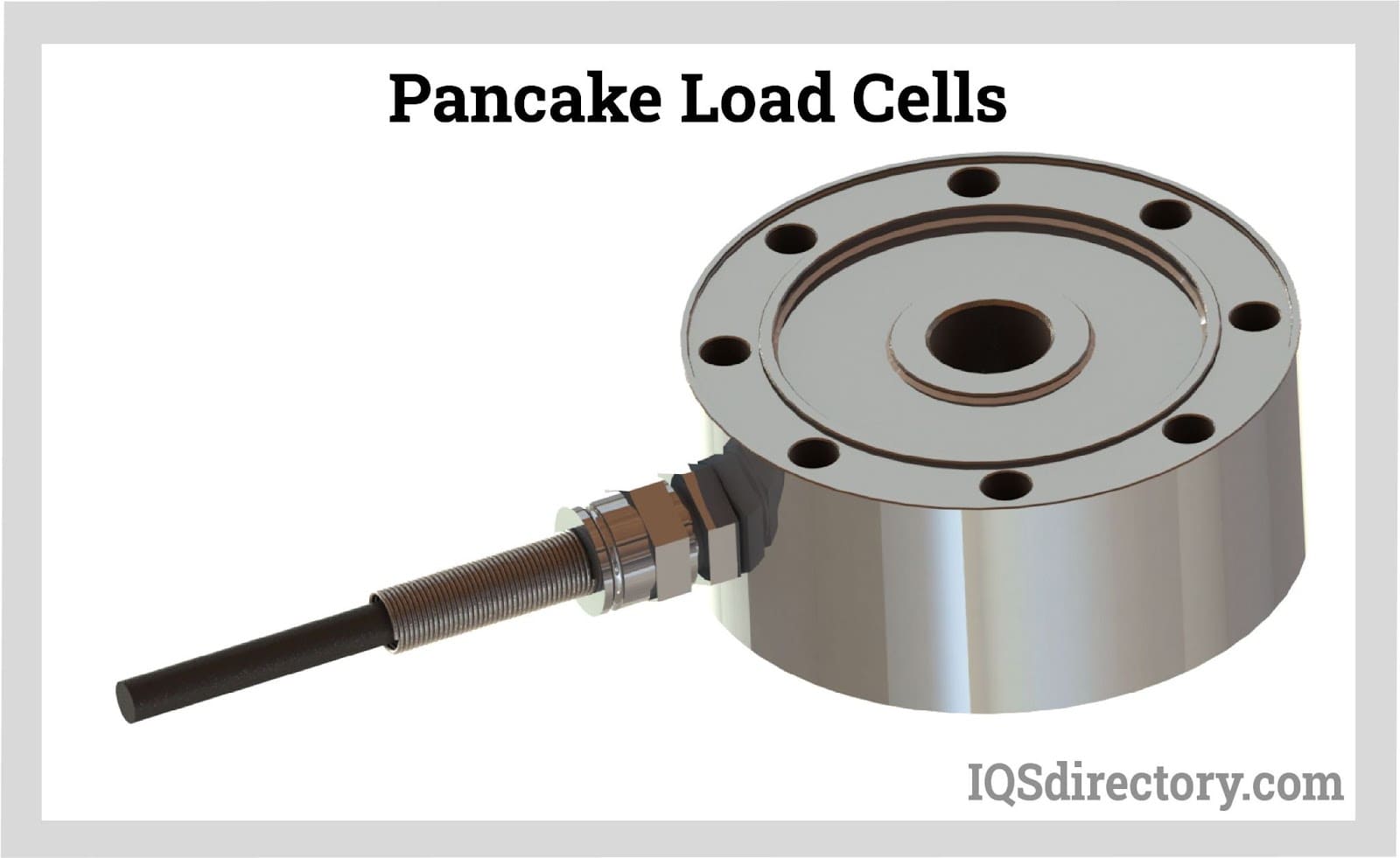
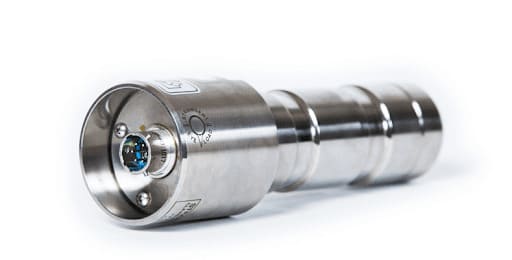
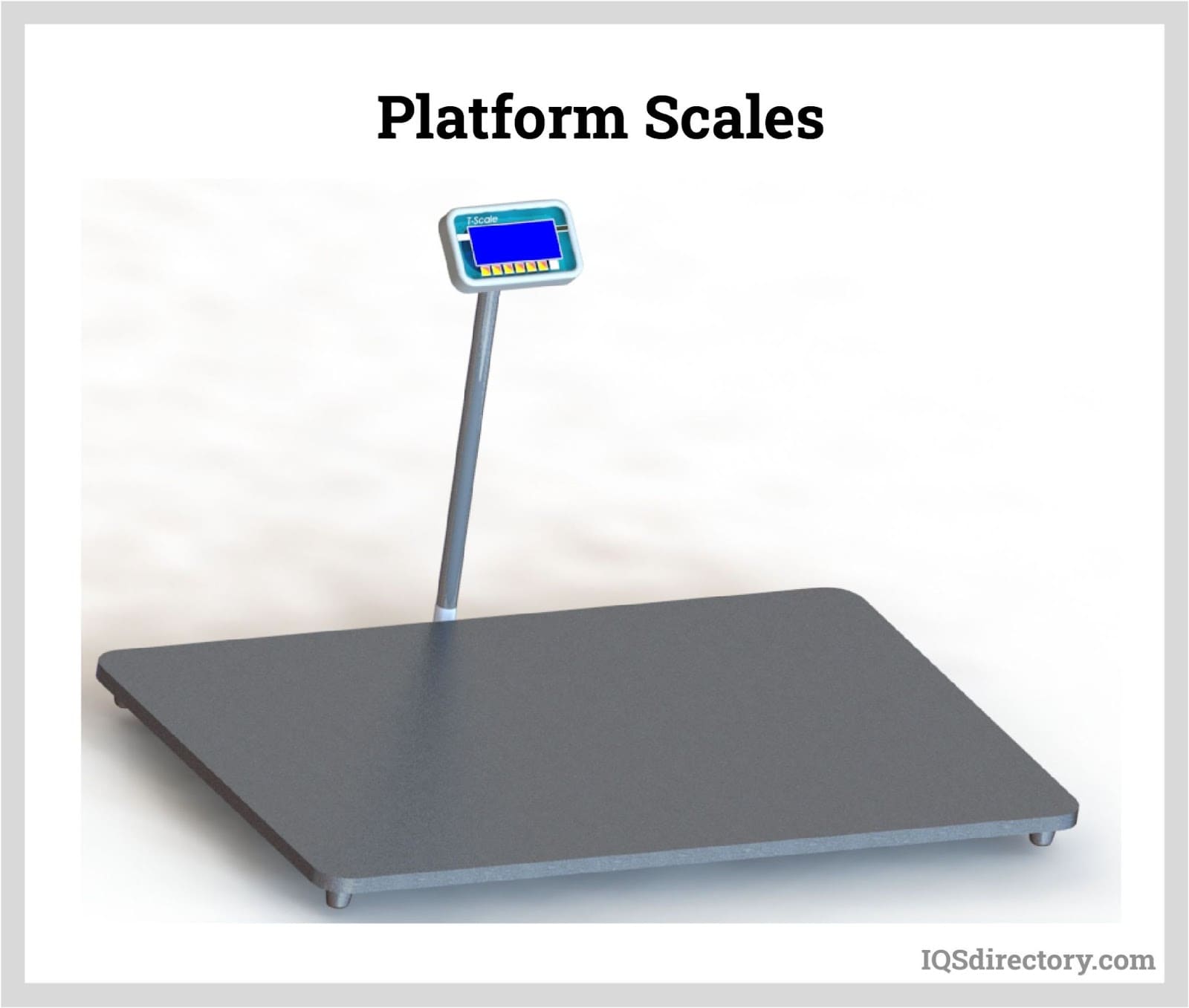
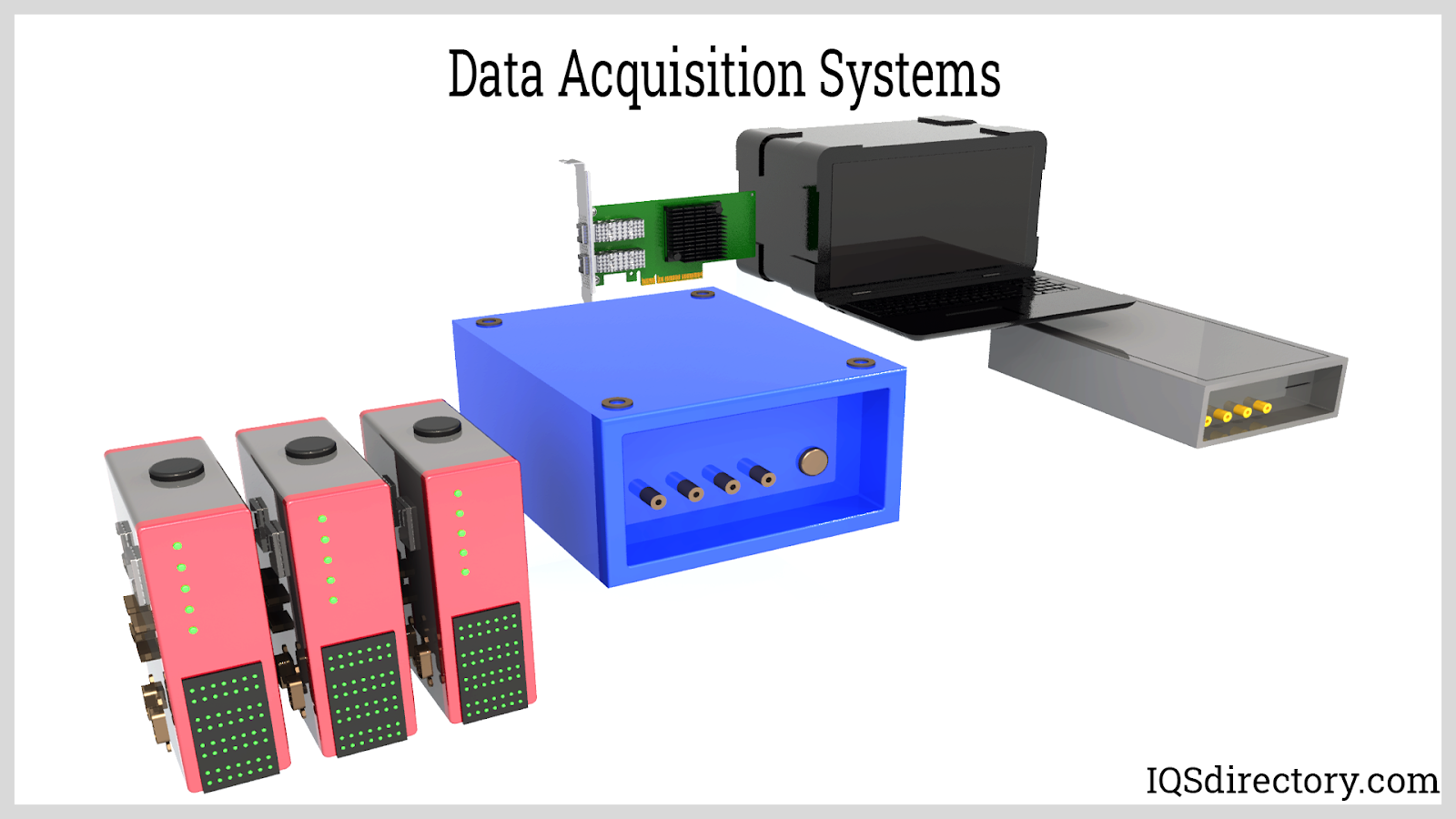
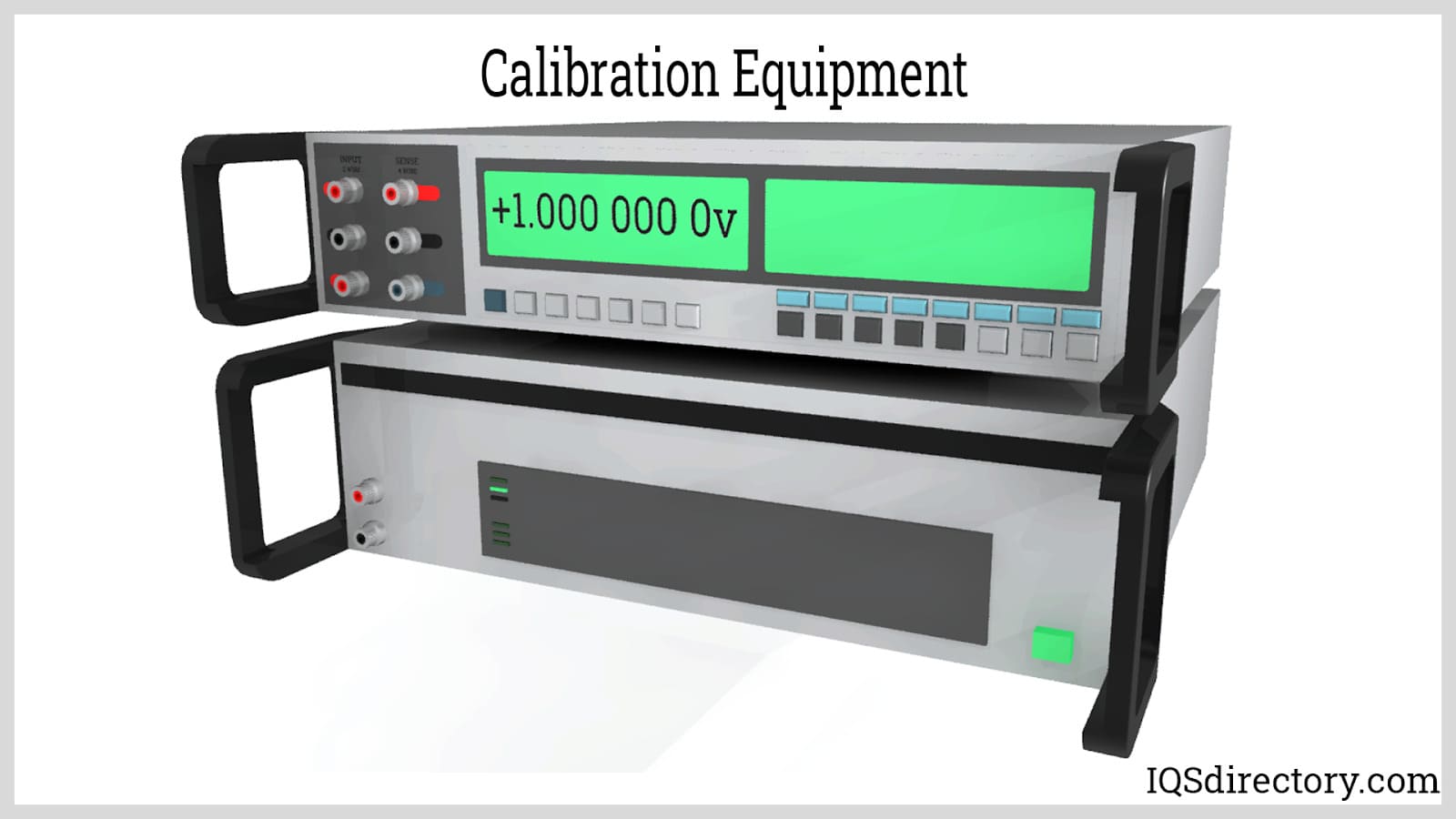
 Calibration Services
Calibration Services Clean Rooms
Clean Rooms Data Acquisition Systems
Data Acquisition Systems Dynamometers
Dynamometers Environmental Test Chamber
Environmental Test Chamber Leak Detectors
Leak Detectors Load Cells
Load Cells Machine Vision Systems
Machine Vision Systems Scales
Scales Thermocouples
Thermocouples Castings & Forgings
Castings & Forgings Bulk Material Handling
Bulk Material Handling Electrical & Electronic Components
Electrical & Electronic Components Flow Instrumentation
Flow Instrumentation Hardware
Hardware Material Handling Equipment
Material Handling Equipment Metal Cutting Services
Metal Cutting Services Metal Forming Services
Metal Forming Services Metal Suppliers
Metal Suppliers Motion Control Products
Motion Control Products Plant & Facility Equipment
Plant & Facility Equipment Plant & Facility Supplies
Plant & Facility Supplies Plastic Molding Processes
Plastic Molding Processes Pumps & Valves
Pumps & Valves Recycling Equipment
Recycling Equipment Rubber Products & Services
Rubber Products & Services